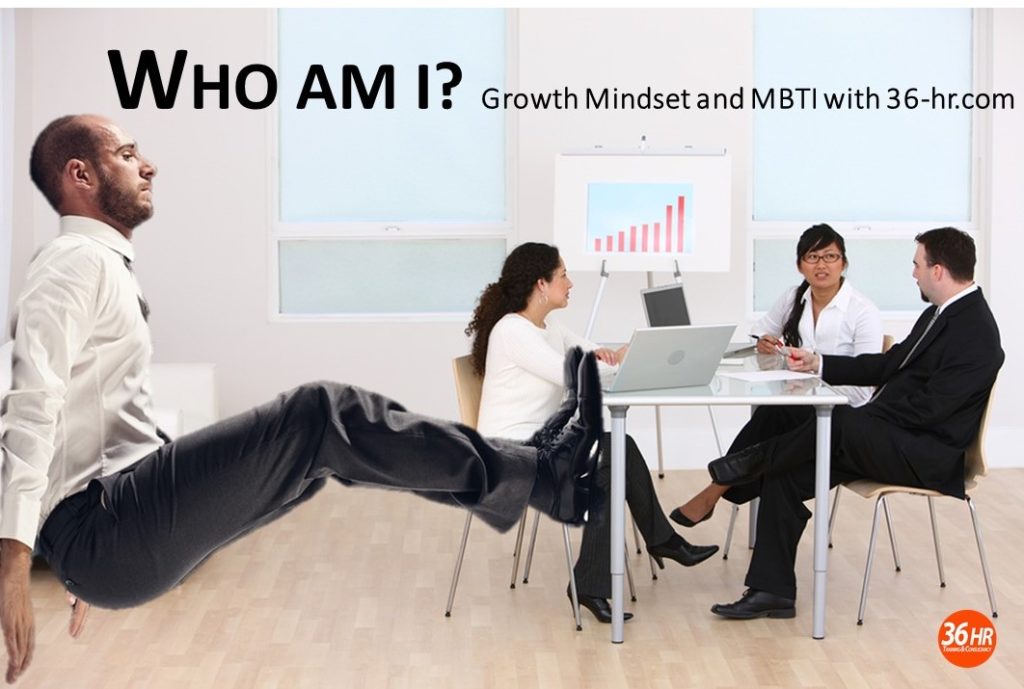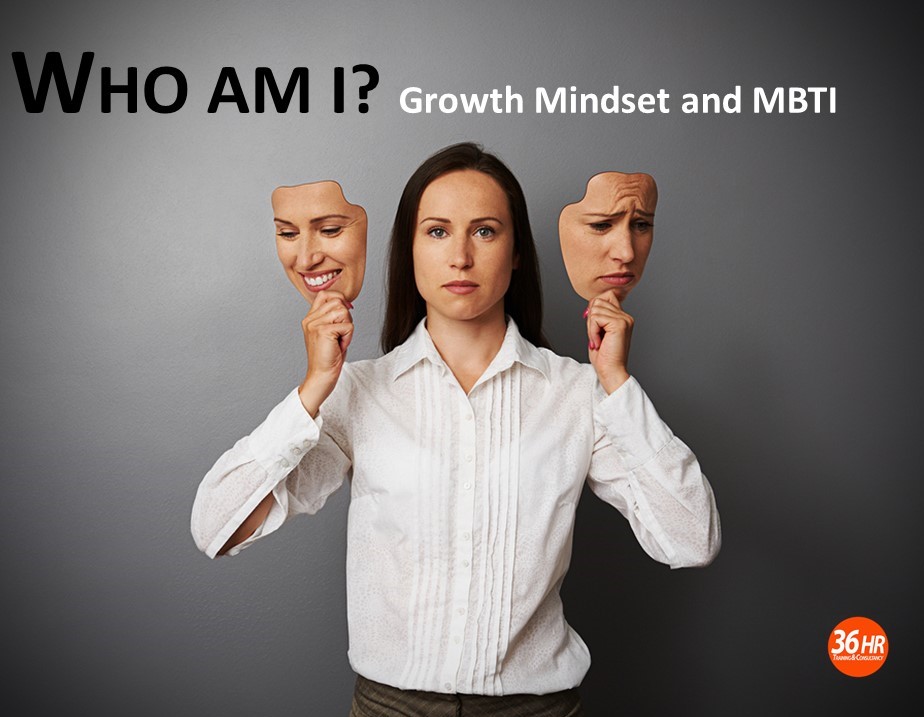
Or Don’t Think MBTI Team Development Workshops can solve all your work problems.
Before I facilitate any team building workshops using MBTI, I always check with my clients on whether there are any team issues which they wish to address. Whilst MBTI can address a number of teamwork and team communication issues, it cannot resolve every organisation problem. Sometimes, I find the reasons that my clients want to have the workshop are not necessarily what MBTI can help them address. Here are some examples of possible ‘wrong’ reasons for attending or organising a MBTI Team Building session.
MBTI Team Building Workshops Do Not Change A Company’s Culture which is normally set at the top
Recently a client told me that the staff do not speak up during team meetings, and there’s a lack of creative input into team discussions. They wanted a MBTI team development workshop to address this. From an MBTI perspective, there are Extraverted/Introverted personalities, as well as Sensing/Intuition as well as Judging/Perceiving types that can affect a person’s natural tendency to want to speak up and to be spontaneous with creative input. So I gladly took up the challenge to facilitate and prepared a number of exercises to help them. (In fact I used a few exercises from my Presentations Skills Training courses for them to practise.)
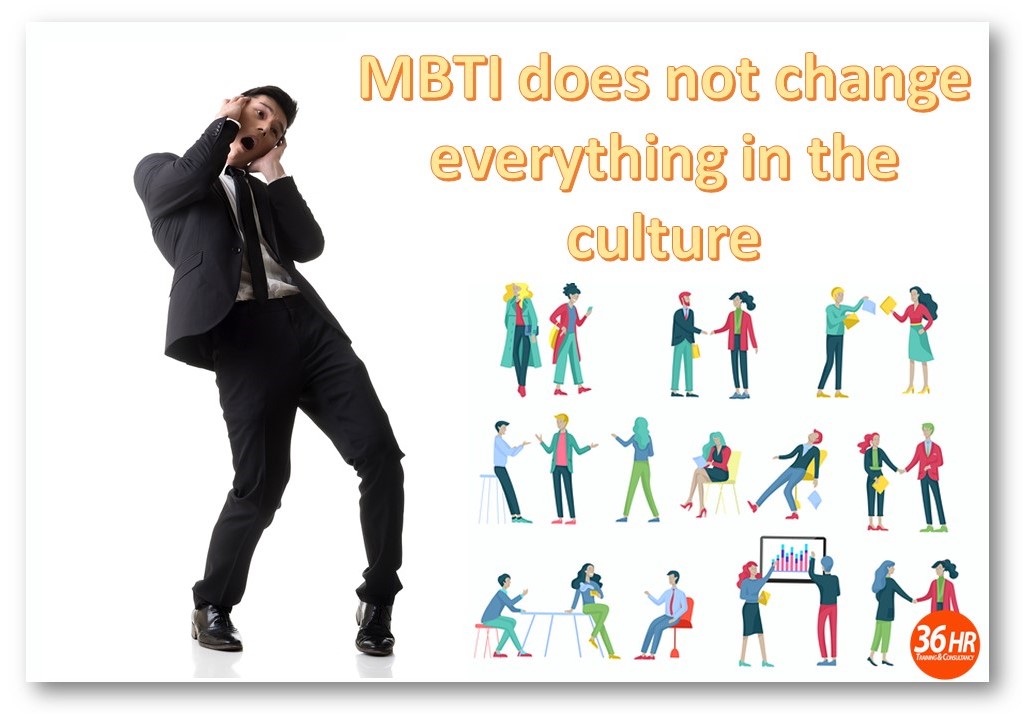
MBTI does not solve every problem in the workplace culture
As we progressed during the Team Development workshop, it was revealed that their company culture has little tolerance for errors, causing staff to clamp up and not speak up. The senior management wasn’t in the training session, and MBTI team building workshops are not the solution to addressing culture issues such as this. We did everything we could to encourage participants to speak up, but the fear created by the top management was not something MBTI can address.
Don’t Use MBTI For Recruitment
One of the most common common questions I face as an MBTI Trainer is whether MBTI is suitable for recruitment use. My answer is “No, MBTI cannot tell you who you should hire”.
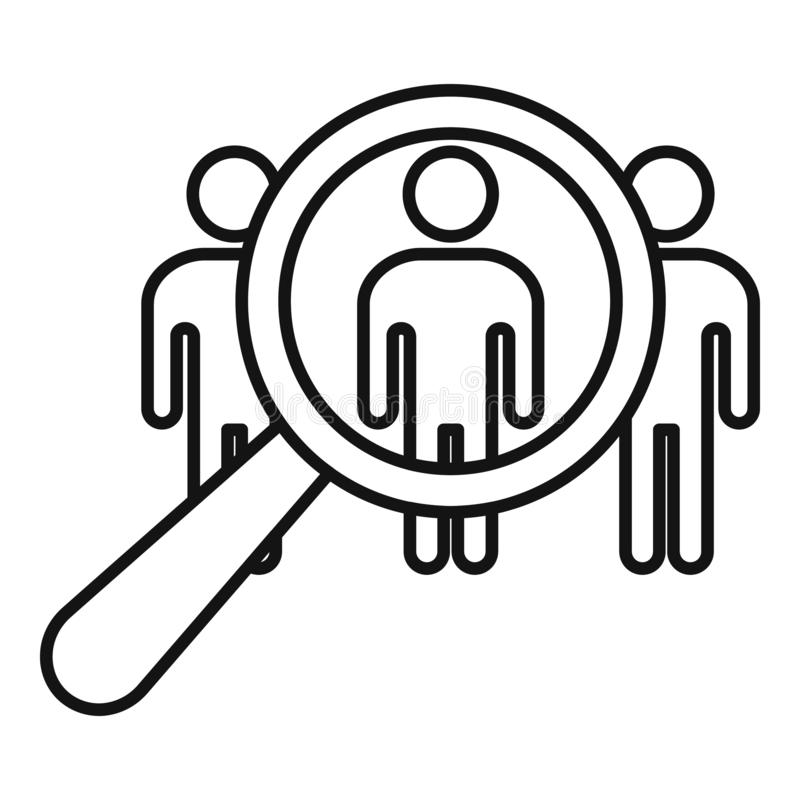
Is MBTI good for recruitment?
The MBTI assessment provides insights about people, but using it for the hiring process is inappropriate. In fact, the publisher of the assessment, the Myers-Briggs Company, stipulates that the assessment should not be used for hiring or selection, conditions that users of the questionnaire agree to. And to my participants who ask me: “What is the perfect MBTI style for the workplace?” – the answer is “no, there isn’t a perfect MBTI type. Every type has its strengths and development areas.”
However I have my own perspectives on how MBTI insights can contribute to the hiring process. Let me share here.
In recruitment, you hire potential suitable candidates based on skills and fit. MBTI Tests or Assessments do not measure skills or competencies. They measure innate preferred behaviours which do not necessarily lead to competent performance. Eg, a person may be extraverted, and you might prefer, as a hiring manager, to hire such a type for a Sales role. But that does not mean an Extraverted person will be a good sales person.
However, as a line manager (previously), I do consider the personalities and skill sets of my existing teams and try to hire people who can complement. One of my previous project teams was very competent in execution but highly introverted, and would not want to present during clients’ meetings. I arranged for them to attend presentation skills training, but innately, if they have a chance, they would rather not speak publicly. That is why I decided to challenge status quo, by bringing in new blood who are eloquent and could present the right image for the company we worked for. The mix of the ‘new’ and ‘old’ blood in my team turned out to be a wise decision. So in my opinion, recruitment should not just consider skills, but fit. Every opportunity I have, I hire new people who can fit into the organisation (it has to be both ways). The fit can be in culture, personalities, aspirations or needs that you have. So in this sense, whilst I do not use MBTI for recruitment in terms of skills/competencies, I consider it for ‘fit’.
MBTI Does Not Predict Performance
Another favourite MBTI discussion question is whether MBTI Tests can predict performance. MBTI Assessments are very useful to reveal behavioural preferences (eg what types of info you need, how you make decisions, how you interact with the world etc) but MBTI does not look into the crystal ball to predict the future nor performance.
MBTI Cannot Tell Who Will Be A Great Leader
Whilst MBTI tells us which MBTI type tends to be what type of leaders based on behavioural preferences, it cannot predict nor tell who will be a great or capable leader. For eg, ESTJ are known for preferring to exhibit decisive and commanding leadership, and this can come in very appropriate in crisis situations where timing are decisions is important. But not every ESTJ will necessarily become a superb leader.
MBTI Does Not Tell You Which Job You Will Excel In.
Another popular question during the MBTI Team Building sessions that I facilitated before is whether MBTI Tests give a good prediction of which job you will excel in. There are lots of online info that provide jobs that certain personalities may be suited for. Again, being suited based on preferences does not mean excellence in the job (although there may be a strong correlation).

MBTI Tests are NOT for telling you which jobs you will excel in
So by all means, check out what jobs might be suited for your MBTI type after you have taken the MBTI Assessment, but don’t use this as the sole yardstick. Your career choices are more than just based on your personality!
So don’t attend any MBTI Team Building workshops if you plan any of the above as your MBTI discussion questions. But if you intend to help your teams understand themselves better, get to know each other’s working styles better, deepen communication quality, improve buy-in techniques, foster strong relationships – then yes, my teambonding workshops can help you meet these needs.
How is MBTI used in team building?
How does Myers-Briggs help teams? Knowing your team’s MBTI personality type can tell you more about their working style. For example, intuitives (N) tend to look for new solutions to problems. On the other end of the spectrum, sensors (S) rely on their existing knowledge while solving problems.
We have trained companies, government related bodies, schools and educational institutions, in Singapore, Malaysia, Indonesia, Thailand, Vietnam, China and have refined our training over the years to meet your unique needs. We have specially designed MBTI (Free) Team Development Activities MBTI activities to help you improve your (MBTI) team dynamics.
Contact 36 HR Training & Consultancy for a free consultation on how our Corporate Team Building and Team Development workshops can help you!


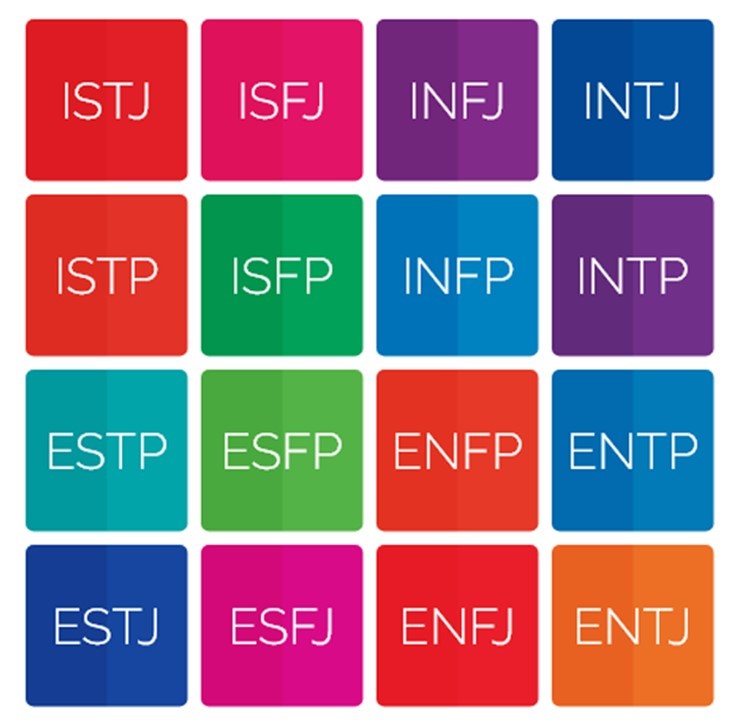
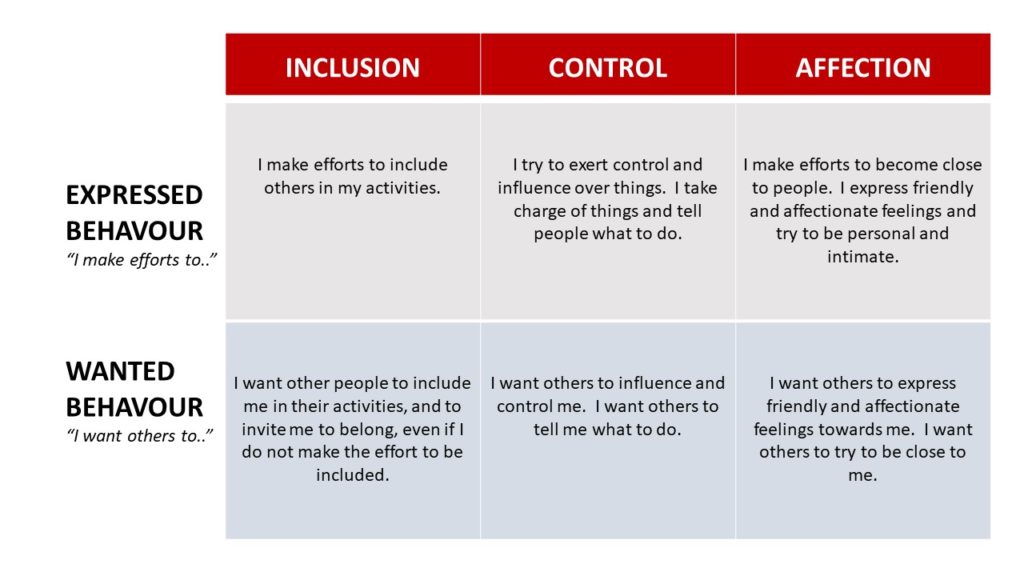
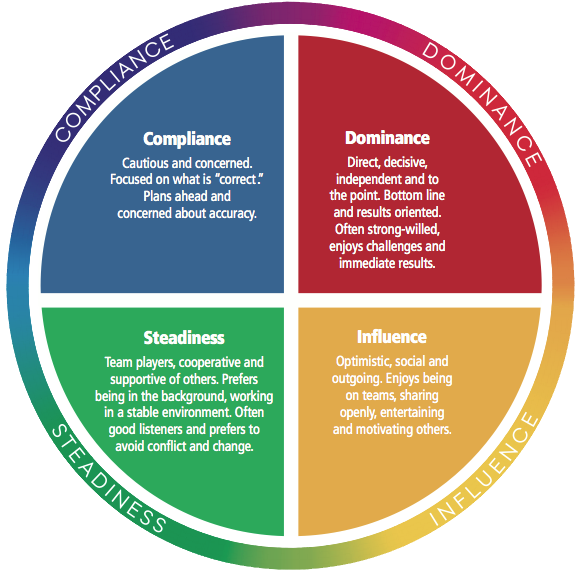


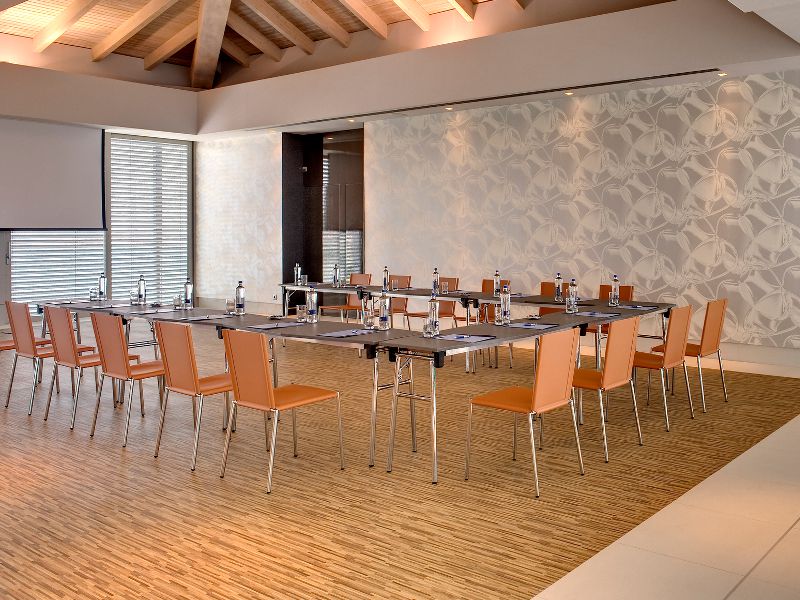
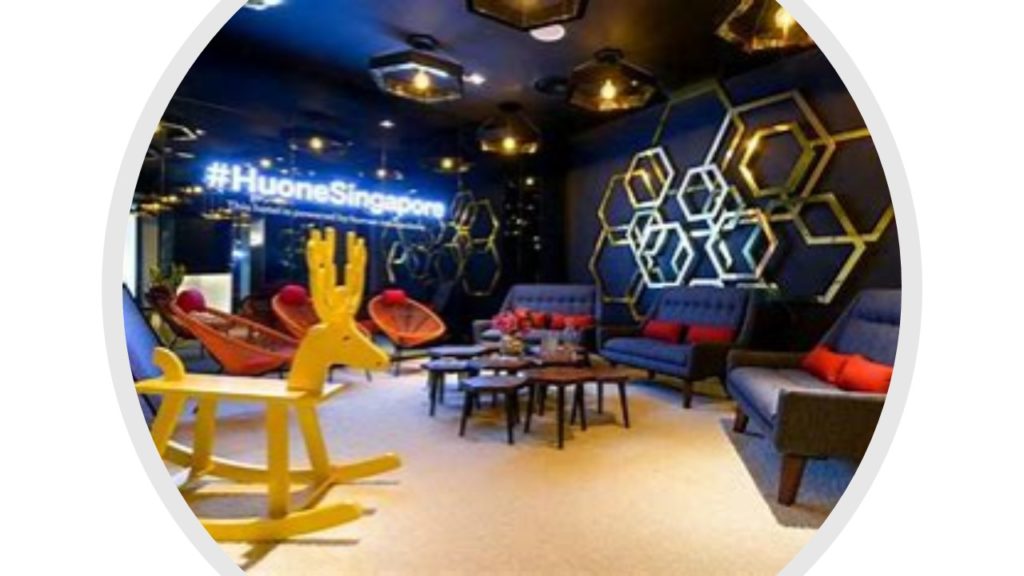

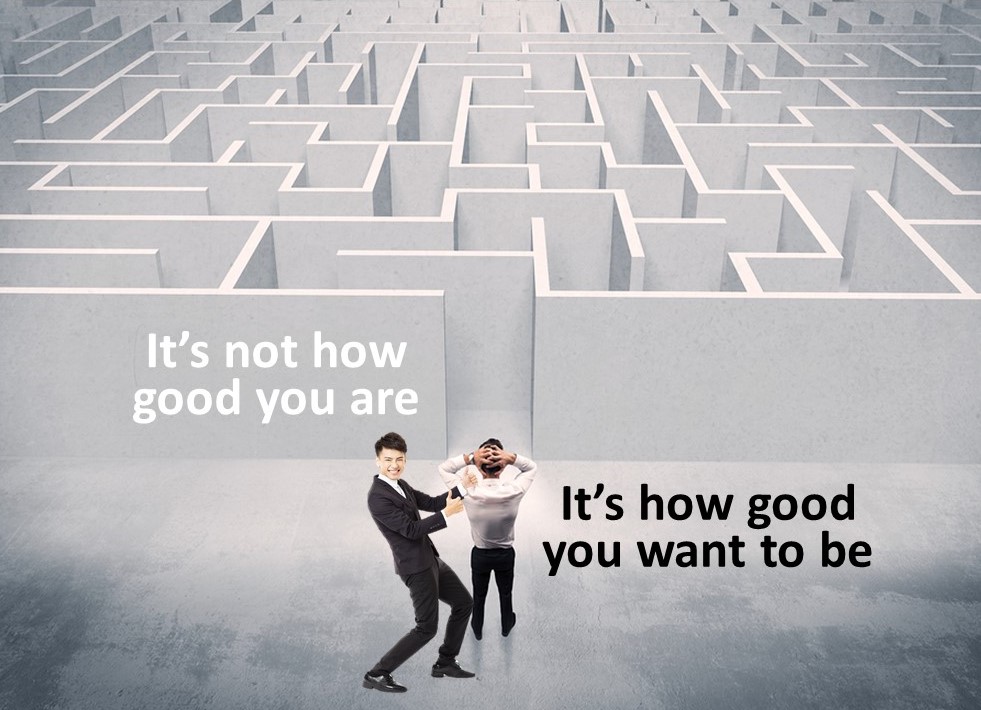
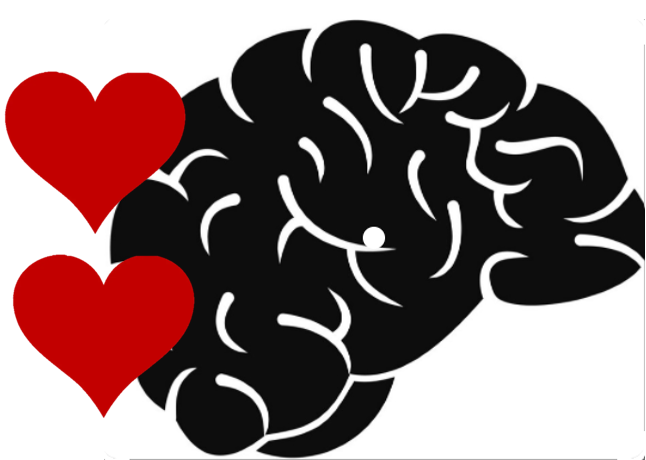 Thinking/Feeling: How We Decide and Come to Conclusions
Thinking/Feeling: How We Decide and Come to Conclusions  Judging/Perceiving: How We Approach the Outside World
Judging/Perceiving: How We Approach the Outside World